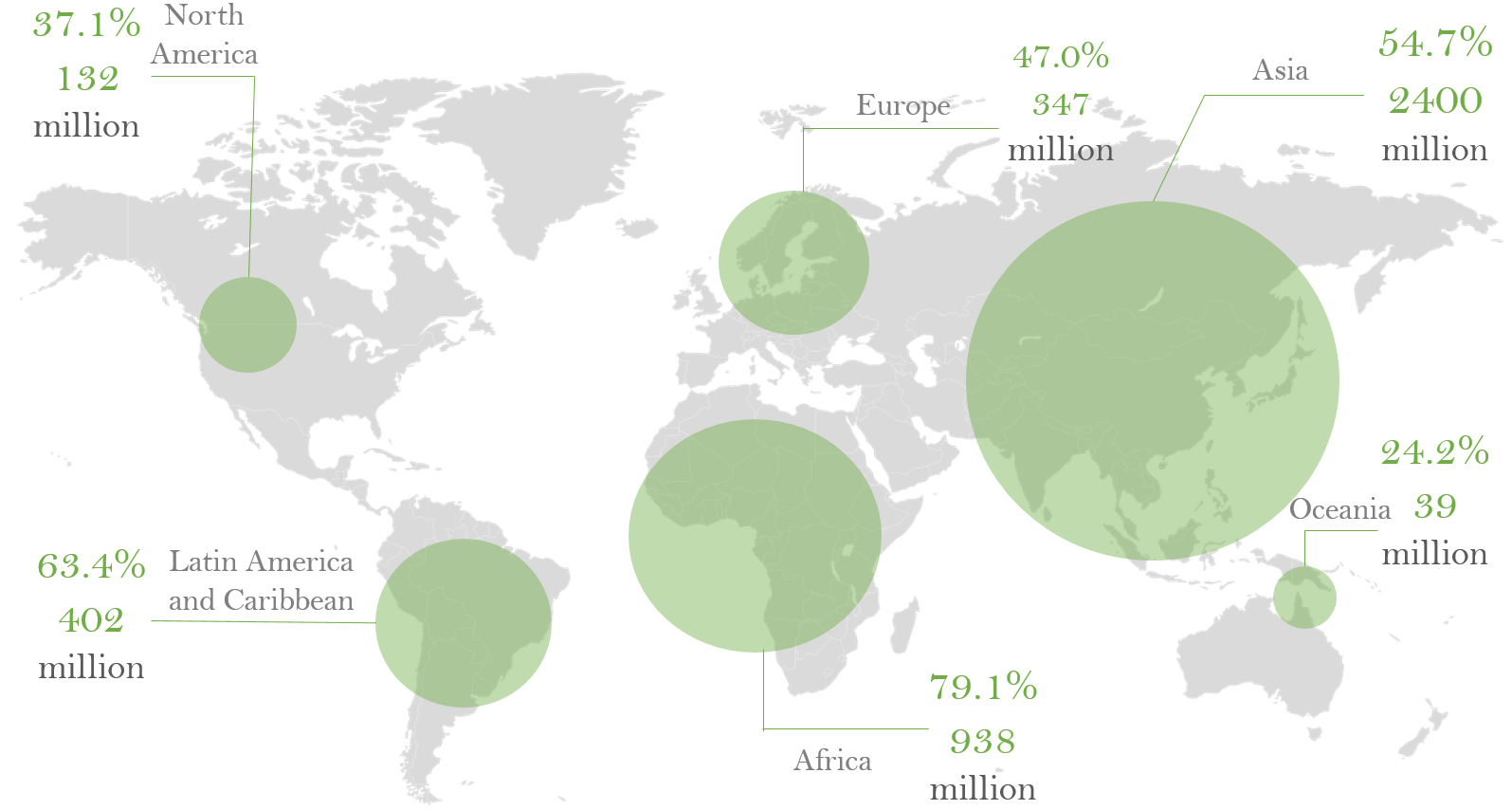New and large markets for antibiotics
In addition to large and growing markets for new antibiotics against many multidrug resistant infectious diseases, there are new indications. In vitro and preclinical animal models indicate that bacteria in the tumour-associated microbiota have a role in cancer development, metastasis, immunosurveillance and chemoresistance [Galeano Niño et al. Nature 611:810–817 (2022)] and there is strong molecular evidence of an intratumoural microbiota across at least 33 major cancer types.
Eradication of Helicobacter pylori has been shown to significantly prevent gastric cancer [Yan et al. Gastroenterology 163:154-162 (2022)]. Approximately 4.4 billion people are estimated to carry this infection [Hooi et al., Gastroenterology 153:420-429 (2017)]. There are methods for rapid diagnosis which can tell symtomfree young adults if they carry H. pylori and which antibiotic to use to remove this pathogen which is the first bacterium characterized as an oncogen. There is an increasing prevalence of resistance to present therapies [Boyanova et al., antibiotics 12:332 (2023)]. H. pylori infections constitute a large market for new antibiotics, used as cancer prophylaxis. Several publications in 2024 confirm and expand the importance of eradicating H. pylori from carriers of this carcinogen. Large studies by Pan et al in Nature Medicine (https://doilorg/10.1038/s41591-024-03153-w), by Zhang et al in International Journal of General Medicine (https://doi.org/102147/IjGM.s452348) and Viklund et al in Gastroenterology (https://doi.org/10.1053/j.gstro.2024.03.016), make it clear that eradication of H. pylori prevents gastric cancer and does not increase esophageal adenocarcinoma. ULT2A and ULT2C are with their new mechanisms of action likely to be effective against most H. pylori strains resistant to present antibiotics.
Other studies indicate that the cronic presence of microbes in periferal organs modulate neurodegeneration and antibiotics could be new possibilities as prophylaxis against e.g. Alzheimer's disease and Parkinson's disease [Landry and Embers, NeuroSci 3:262-283 (2022); Augustin et al., Frontiers in Medicine 6:188 (2019)]. There might well be several different causes to Alzheimer's and Parkinson's, but mechanisms involving chronic or repeated inflammations seem to be common and could be due both to bacteria and viruses (Couzin-Frankel, Science, 2 August 2024, page 479-480).
Figure (click to enlarge) Prevalence of Helicobacter pyroli infections.
The disease leishmaniasis is caused by protozoa of the genus Leishmania. According to the WHO, 1 million new cases are diagnosed annually worldwide, mainly affecting some of the world’s poorest people and is associated with malnutrition, population displacement, poor housing, a weak immune system and lack of financial resources. AZT (zidovudine) can be phosphorylated by thymidine kinase from Leishmania major [Timm et al, PLoS Neglected Tropical Diseases 9(5):e0003781 (2015)]. This indicates that ULT2A (AZT + trimethoprim + uridine) should inhibit Leishmania. Cutaneous leishmaniasis infections have microbiota-driven mechanisms underlying disease severity [Amorin et al. Science Translational Medicine 15(718):eadh1469 (2023)] and the presence of S. aureus results in delayed healing, incresed expression of IL-1beta and inflammation. ULT2A inhibits S. aureus growth and should thus inhibit Leishmania growth in two ways.
